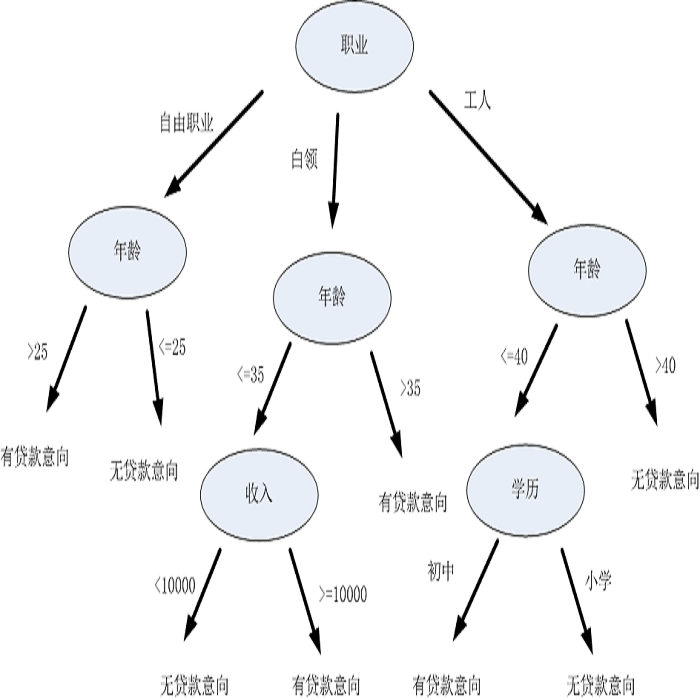Businesses, governmental bodies and NGO's have an ever-increasing amount of data at their disposal from which they try to extract valuable information. Often, this needs to be done not only accurately but also within a short time frame. Clean and consistent data is therefore crucial. Data matching is the field that tries to identify instances in data that refer to the same real-world entity. In this study, machine learning techniques are combined with string similarity functions to the field of data matching. A dataset of invoices from a variety of businesses and organizations was preprocessed with a grouping scheme to reduce pair dimensionality and a set of similarity functions was used to quantify similarity between invoice pairs. The resulting invoice pair dataset was then used to train and validate a neural network and a boosted decision tree. The performance was compared with a solution from FISCAL Technologies as a benchmark against currently available deduplication solutions. Both the neural network and boosted decision tree showed equal to better performance.
翻译:企业、政府机构和非政府组织掌握的数据越来越多,它们试图从中获取宝贵的信息。通常,不仅需要准确,而且需要在很短的时间内这样做。因此,清洁和一致的数据至关重要。数据匹配是试图查明数据中指向同一个真实世界实体的事例的领域。在这项研究中,机器学习技术与数据匹配领域的连字符相似功能相结合。各种企业和组织的发票数据集被预先处理,以降低对称维度,并使用一套相似功能来量化发票对对对口的相似性。由此产生的发票对口数据集被用来培训和验证神经网络和增强的决策树。业绩与FICSCAL技术的解决方案进行了比较,作为目前可用的脱腐性解决方案的基准。神经网络和增强决策树显示两者都等同于更好的业绩。




